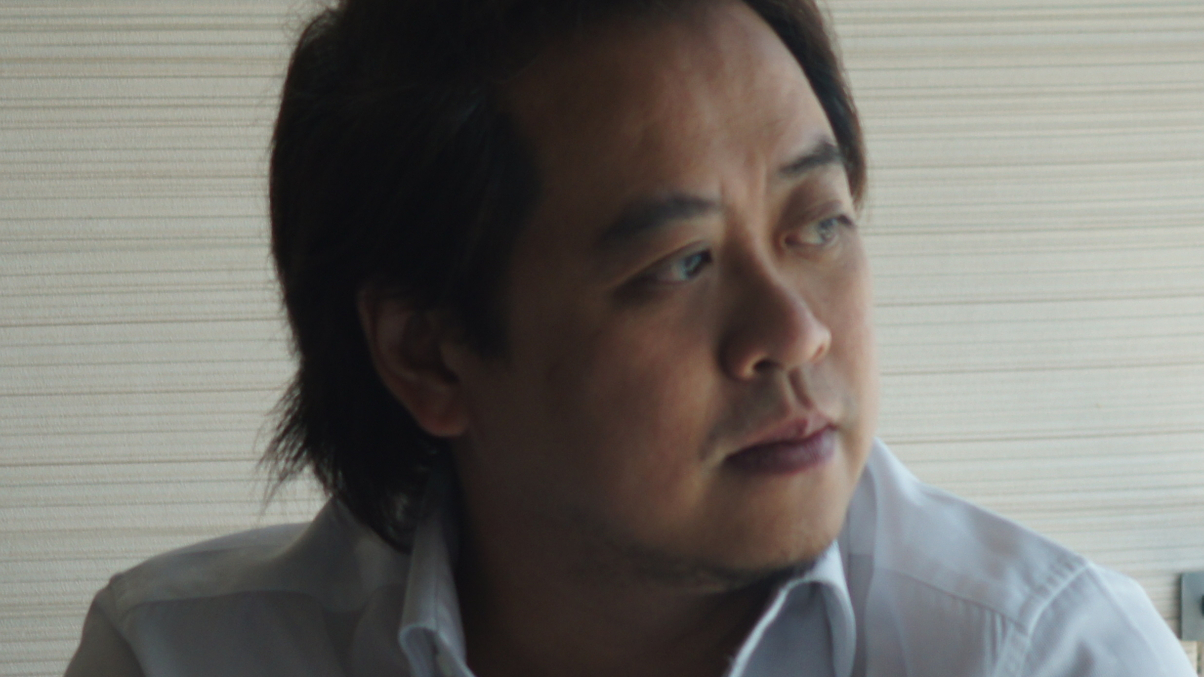Family offices step up pressure on private banks
Multi-family offices question the independence of private banks, but say they are losing the battle for mindshare because they don't have the same sort of marketing budget.

Multi-family offices are looking to pick up wealthy clients, with executives pointing to their own independence while questioning the approach of private banks to selling products and advising on portfolios.
Sign in to read on!
Registered users get 2 free articles in 30 days.
Subscribers have full unlimited access to AsianInvestor
Not signed up? New users get 2 free articles per month, plus a 7-day unlimited free trial.
¬ Haymarket Media Limited. All rights reserved.


